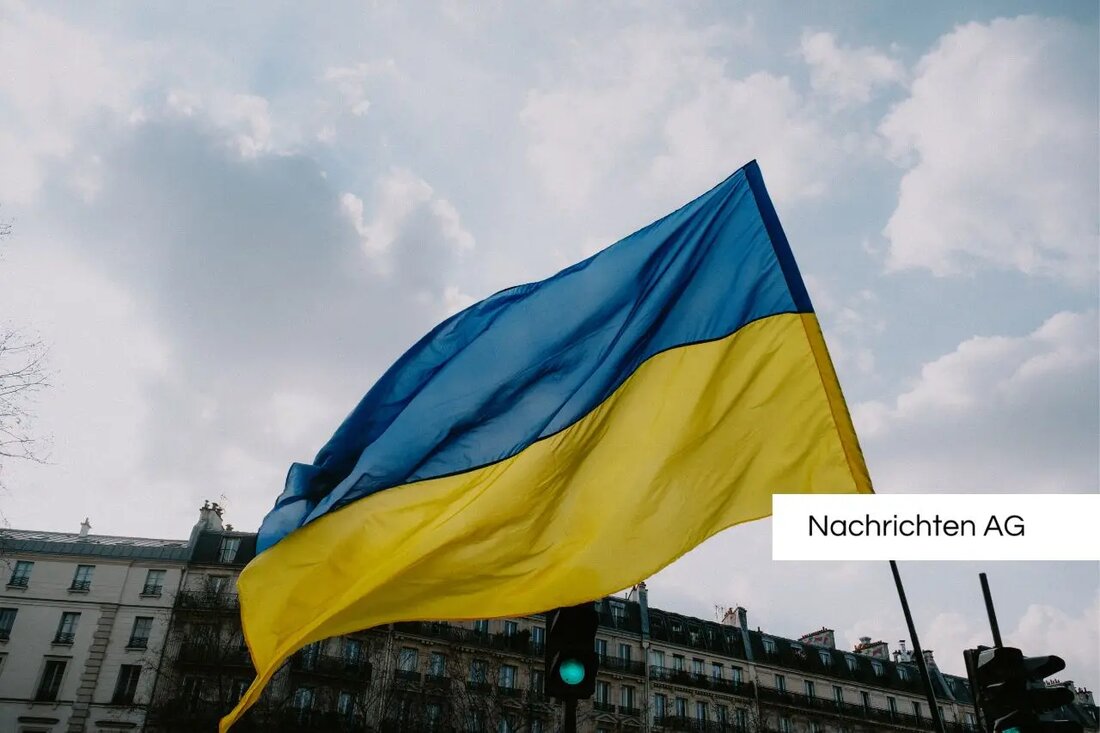Hesse in change: payment card for refugees starts slowly!
Hesse in change: payment card for refugees starts slowly!
The introduction of the payment card for refugees in Hessen is only slow. By mid -April 2023, the map was in use in nine municipalities, with around 3,300 tickets being awarded up to this point. This card is intended to provide part of state services for asylum seekers and aims to prevent transfers abroad. The payment card is distributed at all locations of the country's initial reception facilities, with the exception of the city of Alsfeld, where it is only spent on refugees from Ukraine. According to Welt.de , however, many cities such as Frankfurt, Darmstadt and Kassel, with technical problems that are the nationwide introduction of the card hinder.
In Frankfurt, the payment card was not introduced on April 1, 2023 between the map service provider and the city due to technical difficulties. Social Minister Heike Hofmann (SPD) found that the software manufacturers need more time for the technical infrastructure. Municipalities that are affected by delays can apply for an extension of the deadline. Darmstadt also reports similar technical problems that lead to increased personnel effort.
overview of the introduction
The city of Marburg is building its own service authority, while Wiesbaden reports on an ongoing process for the introduction of the payment card. The district of Fulda, on the other hand, has already largely introduced the card and reports on a smooth implementation, with 500 cards output until the end of March 2023.
Criticism also exists with regard to the monthly cash share of only 50 euros, which Frankfurt's social secretary Elke Voitl (Greens) considered too low. It pleads to raise it to 150 euros. The Hessian City Day also demands that the federal and state governments cover all costs of the introduction and operation of the payment card, while the Hessian district council supports the card and the planned cash amount of 50 euros, with the possibility of exceptions.
legal context and flexibility
The payment card is not just a local initiative. According to bundes-regierung.de , a change in the law on the Asylum Competitive Performance Act on March 1, 2024 was decided and came into force on May 16, 2024. This reform gives countries and municipalities more flexibility in the payment of services, which means that all refugees, regardless of their accommodation, can receive services via payment card.
In contrast to the previous regulations, which primarily provided benefits and cash in certain locations, the new regulation allows a broader use of the payment card. One decisive advantage is that the funds can only be output in Germany. This is intended to prevent abuse by tractors or transfers to the country of origin.
In summary, it can be said that the introduction of the payment card in Hesse and nationwide is complex and is shaped by technical challenges and financial considerations. The reform brings significant changes, while the practical implementation in many municipalities is still looking for the right way.| Details | |
|---|---|
| Quellen | |


Kommentare (0)